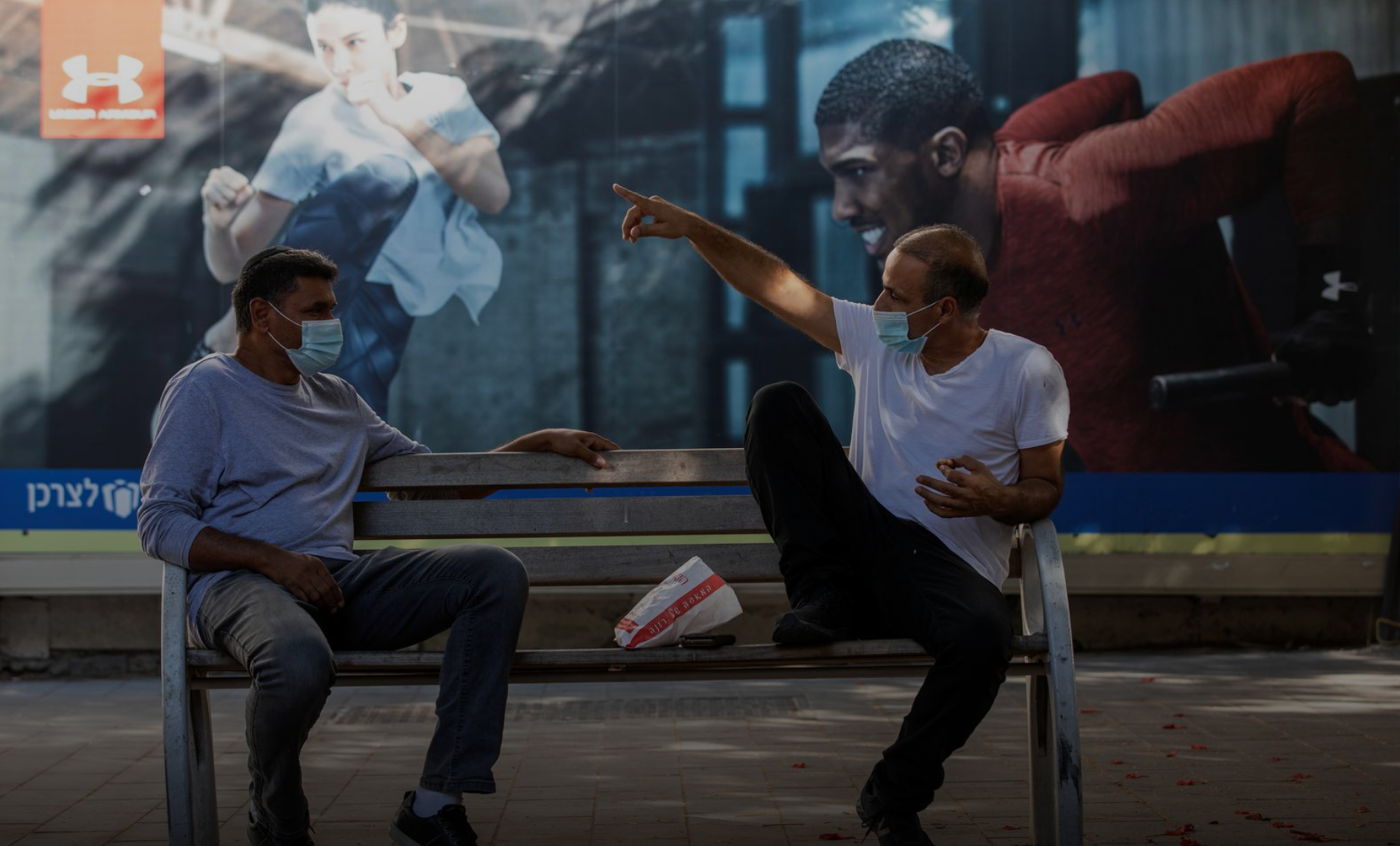
JERUSALEM (Reuters) – Israel will begin human trials for a potential COVID-19 vaccine developed by a research institute overseen by the Defense Ministry on November 1 after receiving regulatory approval, the ministry said on Sunday.
The Israel Institute for Biological Research (IIBR) began animal trials for its “BriLife” vaccine in March. The Health Ministry and an oversight committee have now given the green light to take it to the next stage.
Eighty volunteers aged between 18 and 55 will be monitored for three weeks to see if virus antibodies develop, the ministry said in a statement. A second phase, expected to begin in December, will involve 960 people over the age of 18.
Should those succeed, a third, large-scale phase with 30,000 volunteers is scheduled for April/May. If successful, the vaccine may then be approved for mass use.
The vaccine, the ministry said, has already tested well on a number of animal models and the IIBR has produced more than 25,000 doses for the first and second phases of the clinical trials.
“Our final goal is 15 million rations for the residents of the State of Israel and for our close neighbors,” said IIBR Director Shmuel Shapira.
There are no internationally approved vaccines yet, but several are in advanced trials, including from Pfizer Inc, Johnson & Johnson, AstraZeneca Plc and Moderna.
Israel, with a population of nine million, has begun easing a second nationwide coronavirus lockdown after a steady decline in the rate of daily infections. The country saw 692 new cases on Saturday – down from a peak of more than 9,000 several weeks ago. It has reported 2,372 deaths from the pandemic.
Reporting by Ari Rabinovitch; Editing by Nick Macfie




